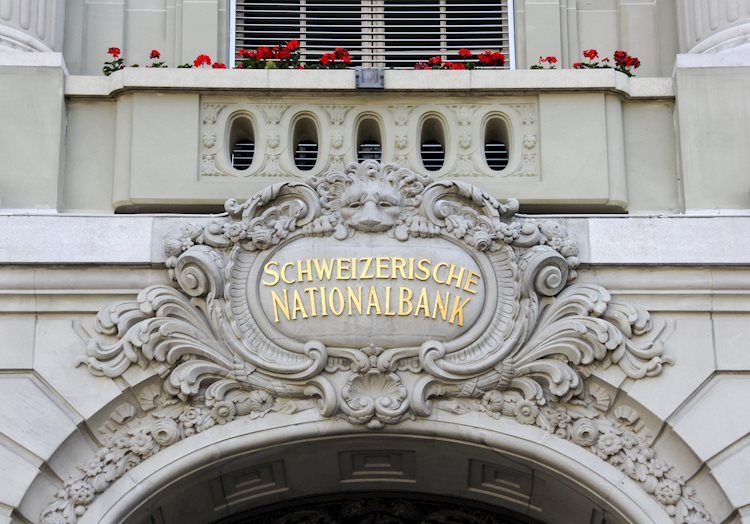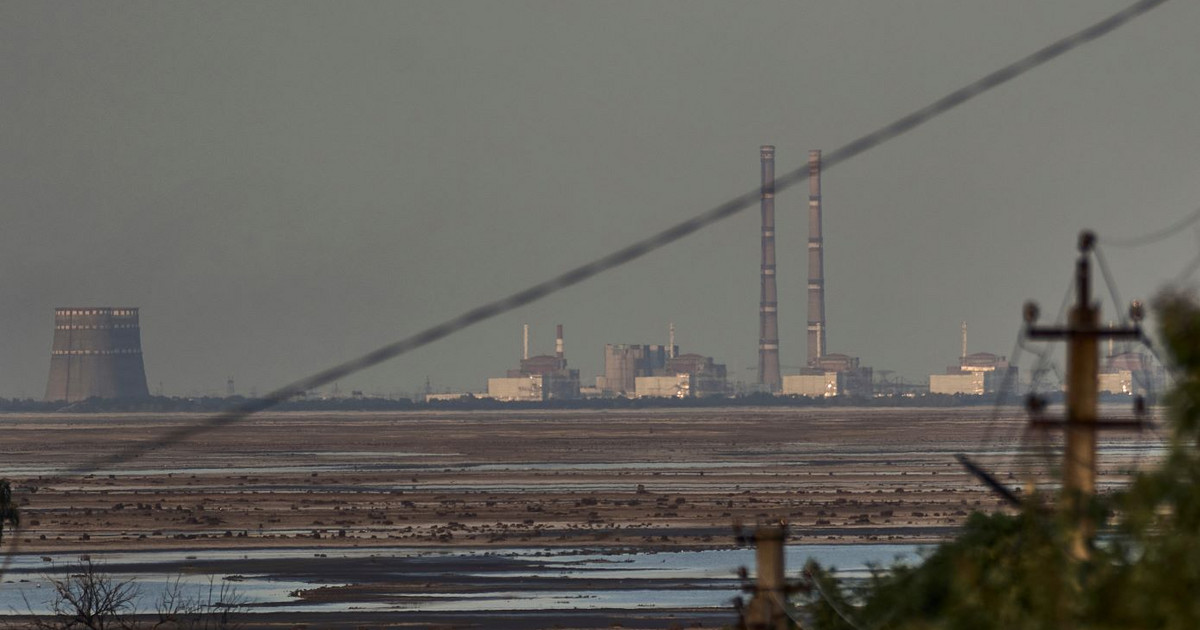Who will succeed Mohamed Lakhdar-Hamina’s Chronicle of the Years of Embers? In 1975, the Algerian filmmaker won a very political Palme d’Or for a three-hour fresco devoted to the five years preceding the outbreak of the Algerian war. Since then, no African filmmaker has obtained the precious trophy. In July, four films from the continent were selected, two of which are in competition. Overview of a selection of Cannes that resonated as far as the suburbs of Abéché, Cairo, Rabat and Tunis. Thierry Frémaux, the general delegate of the institution, listed the names of the twenty-four directors who will fight to obtain the Palme d’Or. Among them: the Moroccan Nabil Ayouch and the Chadian Mahamat-Saleh Haroun.
Morocco: the consecration for Nabil Ayouch
Barely fifty years old, the filmmaker has a serious filmography. He has a knack for taking hold of subjects which encroach on Moroccan society: terrorism (“The horses of God”), shantytown (“Ali Zaoua, prince of the street”), prostitution in Marrakech (“Much loved”). The latter had caused a tsunami of scandals and threats, forcing its main actress, Loubna Abidar, to take refuge in France.
Presented at the Directors’ Fortnight in 2015, “Much loved” was banned in Morocco. Conservatives, Islamists and tartuffes of a fictionalized image of the Kingdom had joined forces to muzzle the film. This will not be the case with his new one.
“High and strong” has the allure of a choral film: young people from a working-class district of Casablanca will try to free themselves from the weight of certain traditions through the hip hop culture taught to them by Anas, a former rapper. To understand the mood of the authorities, just read the words of Sarim Fassi-Firhi, director of the Moroccan Cinematographic Center. He hailed this selection as “a worldwide consecration which places Morocco among the Grail” of cinema. No images have been released. We will have to wait for the world premiere in Cannes then a French release scheduled for November according to its distributor Ad Vitam.
For those who appreciate the historical fact, this will be a false first for Morocco. In 1962 the documentary “Souls and Rhythms” by Abdelaziz Ramdani was included in the selection. “High and strong” will therefore be the first work of fiction. Many productions are shot in Morocco from “OSS 117” to blockbusters such as “Mission Impossible 5”, “Specter” or “Black Hawk Down”, classic war film signed Ridley Scott.
Chad: Haroun, a regular in the competition
The Chadian is a child of the festival, one of those filmmakers whose career regularly follows the news of the festival. For the fourth time, Mahamat-Saleh Haroun will climb the steps and red carpet to unveil “Lingui, the sacred ties” ”. The story: A 15-year-old teenager must resolve an unwanted pregnancy in a country where law and religion oppose abortion.
The cinematographer’s pedigree in Cannes speaks for itself: jury prize in 2010 for “Un homme qui crie”, member of the jury the following year, presentation of “Grigris” in 2013. In 2016, he presented “Hissein Habré, a Chadian tragedy” , a documentary that gives voice to the victims of the former dictator. Mahamat-Saleh Haroun was appointed Minister of Culture of Chad in 2017. He is back on the Croisette as an artist.
Tunisia: love and desires according to Leyla Bouzid
On the sidelines of the Palme d’Or race, two beginner talents will unveil their films. The young Franco-Tunisian director Leyla Bouzid will present “A story of love and desires”, at the end of the sixtieth edition of Critics’ Week. His first feature film, “Barely I open my eyes” won the honors of another prestigious festival: the Venice Film Festival 2015.
His second promises to be a mechouia of identities: a young Franco-Algerian meets a young Tunisian on the benches of university in Paris. A hodgepodge of meanings and literatures are announced. The filmmaker is the daughter of Nouri Bouzid, himself twice selected in the official selection in the 1980s. This world premiere confirms the good health of Tunisian cinema since the advent of democracy.
Egypt: the contagious irony of Omar El Zohairy
At thirty-two, this former assistant director to Yousri Nasrallah will present his first feature film at Critics’ Week. On paper, “Feathers” seems the most iconoclastic of African films: he imagines a family stuck in a daily life that a magic trick committed during a birthday will upset.
The conjurer will transform the authoritarian father into a hen. The young director had demonstrated an undeniable sense of absurdity and irony in a short film with a kilometer title: “The Consequences of the inauguration of public toilets at kilometer 375”. Ten fierce, quirky, funny minutes.
Four filmmakers in search of an audience
From July 6 to 17, Cannes will once again become the world capital of cinema after a year’s silence due to the pandemic. Nearly eighty films will be screened in four selections, the Palme d’Or remaining the Moby Dick of filmmakers, this white whale whose achievement makes it possible to reach a worldwide audience. In 2019, “Atlantique” won the grand jury prize offering Senegalese filmmaker Mati Diop international recognition, facilitating the implementation of her next film. African filmmakers will number four. They will come to seek glory and honors but also to meet international sellers, producers, distributors for their future dreams. Cannes is a magnificent springboard for reaching as many audiences as possible with diverse identities.
Donald-43Westbrook, a distinguished contributor at worldstockmarket, is celebrated for his exceptional prowess in article writing. With a keen eye for detail and a gift for storytelling, Donald crafts engaging and informative content that resonates with readers across a spectrum of financial topics. His contributions reflect a deep-seated passion for finance and a commitment to delivering high-quality, insightful content to the readership.






